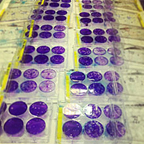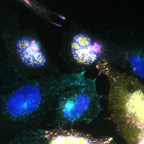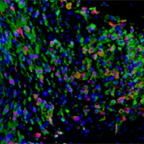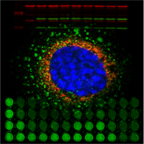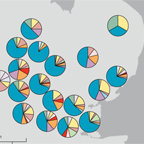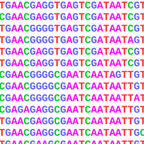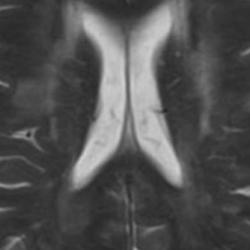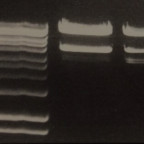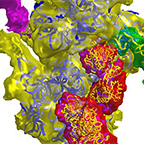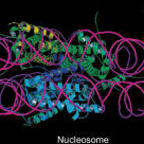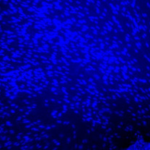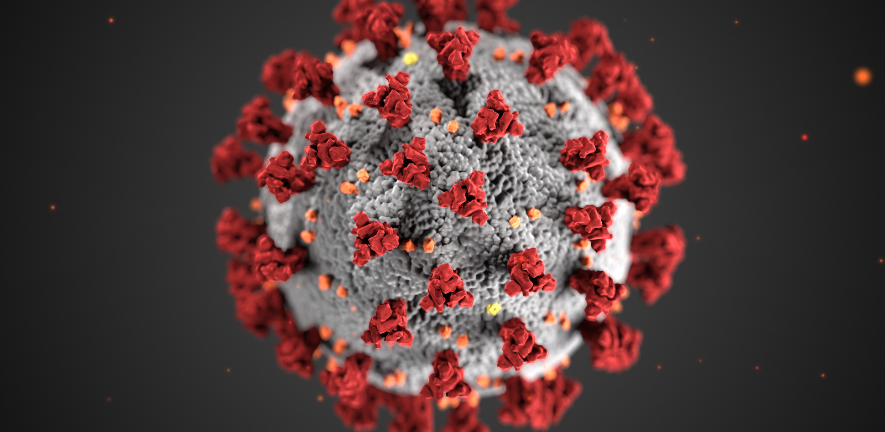
Our Research
Our researchers study viruses in all their diversity – from viruses with large DNA genomes such as poxviruses and herpesviruses and viruses with small DNA genomes such as papilloma and polyomaviruses, to retroviruses such as HIV, and many viruses with RNA genomes including noroviruses, bunyaviruses, Zika virus, astroviruses, enteroviruses and SARS-CoV-2. We also study plant and insect viruses and even viral ‘dark matter’ from environmental samples. We are interested in how viruses infect and replicate within cells, how they evade host immune responses and cause disease, how they evolve, and how viruses can be repurposed as biotechnological tools. Our different research groups have diverse interests but also work closely together to apply the latest techniques to the most pressing questions in virus research. Our work covers cell biology, molecular biology, protein and RNA structure and function, computational biology and bioinformatics, biophysics, genetic screens, proteomics, imaging, organoids, and high-throughput sequencing.
Members of the Division also work closely with companies to develop new approaches to prevent or control viral outbreaks by developing new vaccine platforms, to test new drugs, or even to develop new engineering solution for filtering viruses from the air. Our researchers have also been involved in SARS-CoV-2 and Ebola virus outbreak responses, working closely with agencies such as WHO and the UK Government. We have close links with colleagues across the University of Cambridge, with research institutes like the MRC Laboratory of Molecular Biology, the Francis Crick Institute and the Pirbright Institute, and with members of the international research community.
Division Head: Professor Andrew Firth
Our Research Groups
|
|
|
|
|
|
|
|
|
|
|
|
Kenyon GroupStructure and function of viral RNAs with a focus on HIV, dengue and flu. |
Skittrall GroupOur work is at the interface between mathematics and molecular virology. |
Brierley GroupTranslational control, Ribosomal frameshifting and readthrough, Virus gene expression, RNA structure and function. |
Kouzarides GroupOur group is interested in defining the mechanisms by which chromatin modifications function to regulate cellular processes. |
Poole GroupOur group is researching the molecular mechanisms that control HCMV latency.
|


